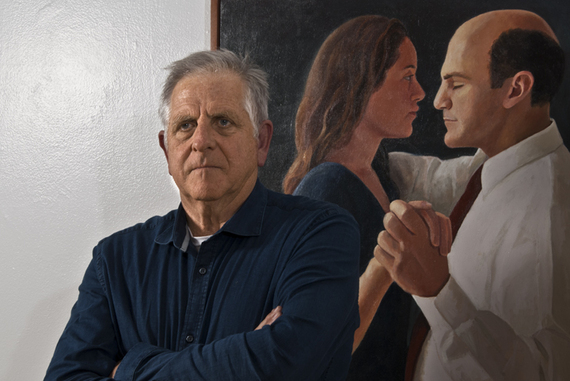Do we really need to walk 10,000 steps a day?
When it comes to being fit and healthy, we’re often reminded to aim to walk 10,000 steps per day. This can be a frustrating target to achieve, especially when we’re busy with work and other commitments. Most of us know by now that 10,000 steps is recommended everywhere as a target to achieve – and yet where did this number actually come from?
The 10,000 steps a day target seems to have come about from a trade name pedometer sold in 1965 by Yamasa Clock in Japan. The device was called “Manpo-kei”, which translates to “10,000 steps meter”. This was a marketing tool for the device and has seemed to have stuck across the world as the daily step target. It’s even included in daily activity targets by popular smartwatches, such as Fitbit.
Research has since investigated the 10,000 steps a day target. The fact that some studies have shown this step target improves heart health, mental health, and even lowers diabetes risk, may, to some extent, explain why we have stuck with this arbitrary number.
In ancient Rome, distances were actually measured by counting steps. In fact, the word “mile” was derived from the Latin phrase mila passum, which means 1,000 paces – about 2,000 steps. It’s suggested the average person walks about 100 steps per minute – which would mean it would take a little under 30 minutes for the average person to walk a mile. So in order for someone to reach the 10,000 step goal, they would need to walk between four and five miles a day (around two hours of activity).
But while some research has shown health benefits at 10,000 steps, recent research from Harvard Medical School has shown that, on average, approximately 4,400 steps a day is enough to significantly lower the risk of death in women. This was when compared to only walking around 2,700 steps daily. The more steps people walked, the lower their risk of dying was, before levelling off at around 7,500 steps a day. No additional benefits were seen with more steps. Although it’s uncertain whether similar results would be seen in men, it’s one example of how moving a little bit more daily can improve health and lower risk of death.

While the World Health Organization recommends adults get at least 150 minutes of moderate intensity physical activity per week (or 75 minutes of vigorous physical activity), research also shows that even low-intensity exercise can improve your health – though moderate-intensity exercise improves it to a greater extent. This means your steps throughout the day can contribute to your 150 minutes of target activity.
Activity can also help mitigate the harms of sitting down for long periods of time. Research has shown that people who sat for eight or more hours every day had a 59% increased risk of death compared to those sitting less than four hours per day. However, they also found that if people did 60-75 minutes per day of moderate intensity physical activity, this seemed to eliminate this increased risk of death. Therefore, potentially undertaking brisk walking could help mitigate the negative effects of sitting for too long.
Recent research at the University of Texas has also demonstrated that if you’re walking fewer than 5,000 steps a day, your body is less able to metabolise fat the following day. A buildup of fat in the body can also increase a person’s likelihood of developing cardiovascular disease and diabetes. This is further supported by previous research which shows people who walked less than 4,000 steps a day could not reverse this decreased fat metabolism.
Increasing physical activity such as your step count reduces your risk of death by improving your health, including by reducing risk of developing chronic illnesses such as dementia, and certain cancers. In some cases it helps improve health conditions such as type 2 diabetes. Exercise can also help us improve and maintain our immune system. However, based on the current research out there, it appears that getting 10,000 steps a day isn’t essential for health benefits – half that target appears to be beneficial.
If you want to increase how many steps you get daily, or simply want to move more, one easy way to do that is to increase your current step count by about 2,000 steps a day. Other easy ways to move more daily include walking to work if possible, or taking part of an online exercise programme if you’re working from home. Meeting with friends for a walk – rather than in a cafe or pub – can also be useful. And given that even small amounts of physical activity positively impact your health, taking regular breaks to move around if you’re working at a desk all day will help to easily get more physical activity.
Lindsay Bottoms, Reader in Exercise and Health Physiology, University of Hertfordshire
This article is republished from The Conversation under a Creative Commons license. Read the original article.


